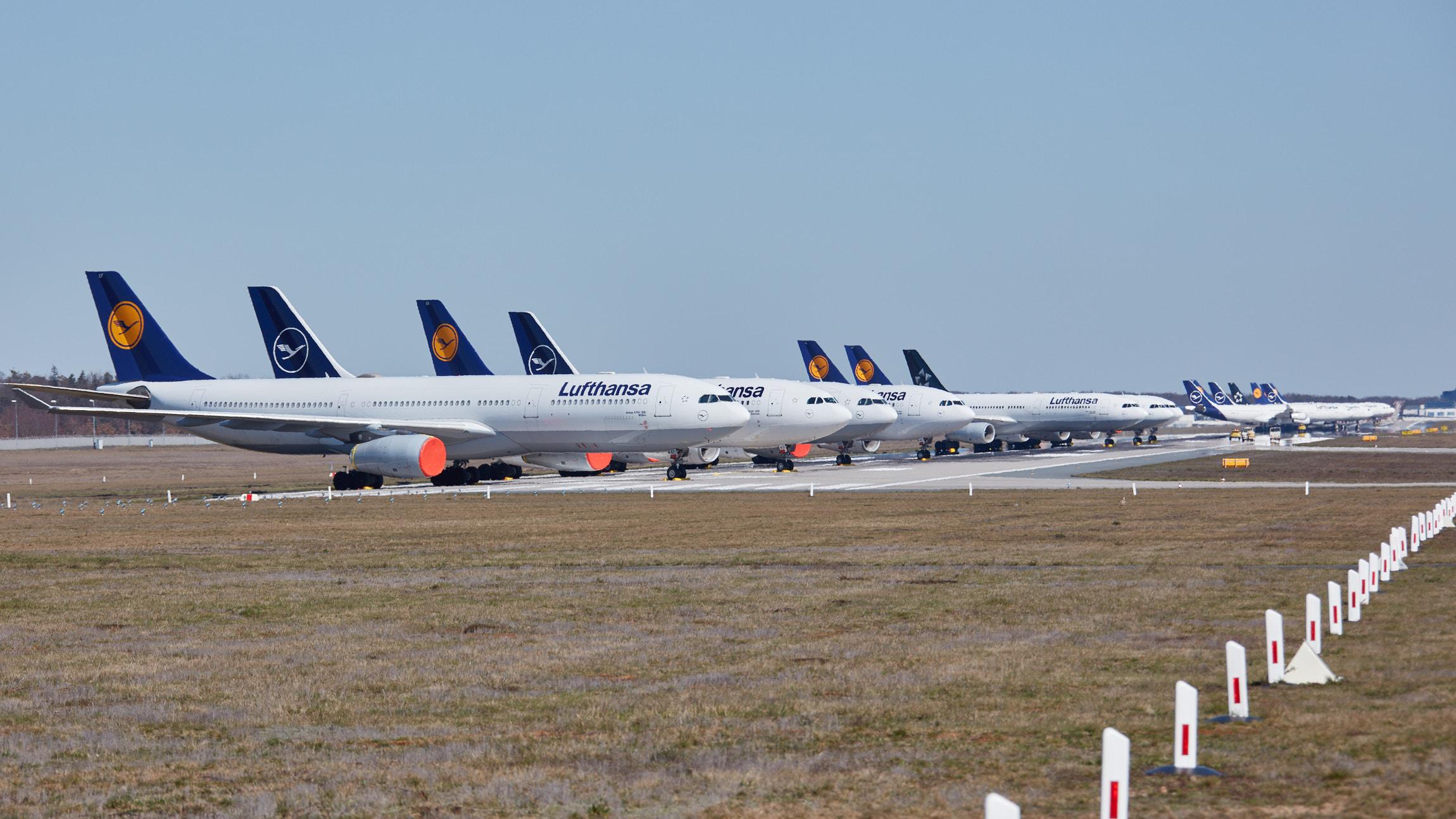Daily Memo: The Downsides Of European Government Bailouts

Calls have been growing in Europe for airline bailouts to include environmental conditions and before the COVID-19 crisis, the French government was among those calling for greater sustainability efforts from airlines in recent months, introducing an eco-tax on flights departing France from the start of 2020.
So it was no surprise when Air France-KLM announced that it had struck a deal with the French government for €7 billion ($7.6 billion) in state funding to help it weather the coronavirus crisis to hear CEO Ben Smith say the loans and guarantees did not constitute a blank check.
What was surprising, a few days later, was hearing France’s economy minister Bruno Le Maire, who repeated the same phrase, getting directly involved in the airline group’s strategy, saying Air France needed to reduce its domestic flights as part of a wider goal of cutting CO2 emissions per passenger kilometer by 50% by 2030 compared with 2005 levels.
France is a 14.3% shareholder in Air France-KLM but pre-coronavirus it would have been difficult to imagine the French government dictating the airline’s strategy in such detail.
“We want Air France to reduce the volume of its CO2 emissions from flights within metropolitan France by 50% by the end of 2024,” said Le Maire, describing the target as a “new and drastic condition” which should lead to a re-evaluation of transport options within France.
In the land of the TGV, internal flights with a rail alternative taking under two and half hours should be limited to transfers to a hub, Le Maire said.
“A flight should no longer be a way to make a journey in an hour, or an hour and a quarter, that could be made with a lower emissions cost by train in two or two and a half hours. This should be the rule and we will make sure it is respected,” he added.
The Netherlands, which owns 14% of the group, has also pledged to support the group’s smaller airline KLM with €2-4 billion in funding, also calling for sustainability efforts that could include measures such as cutting back the number of night flights. And in Austria, where Lufthansa Group unit Austrian has applied for €767 million in aid, environmental targets could also be part of the package.
The examples show that, as airlines ask for bailouts, government influence will grow. Lufthansa is expecting to reach a €10 billion rescue deal with the German government in the coming days and has tried to keep state power to a minimum, with no success. As part of the rescue, Berlin will get two seats on the board of directors and a large minority stake.
But the stronger role government will play in running airlines is only part of the problem. As airlines agree to rescue deals now, they are adding massive debt, sometimes at high interest rates as governments seek to justify the use of taxpayer money. Ultimately, the help governments proffer today could be a good financial deal for them tomorrow. By contrast, airlines will suffer from the burden limiting their ability to invest in new aircraft—the opposite of the environmental targets governments are setting.






